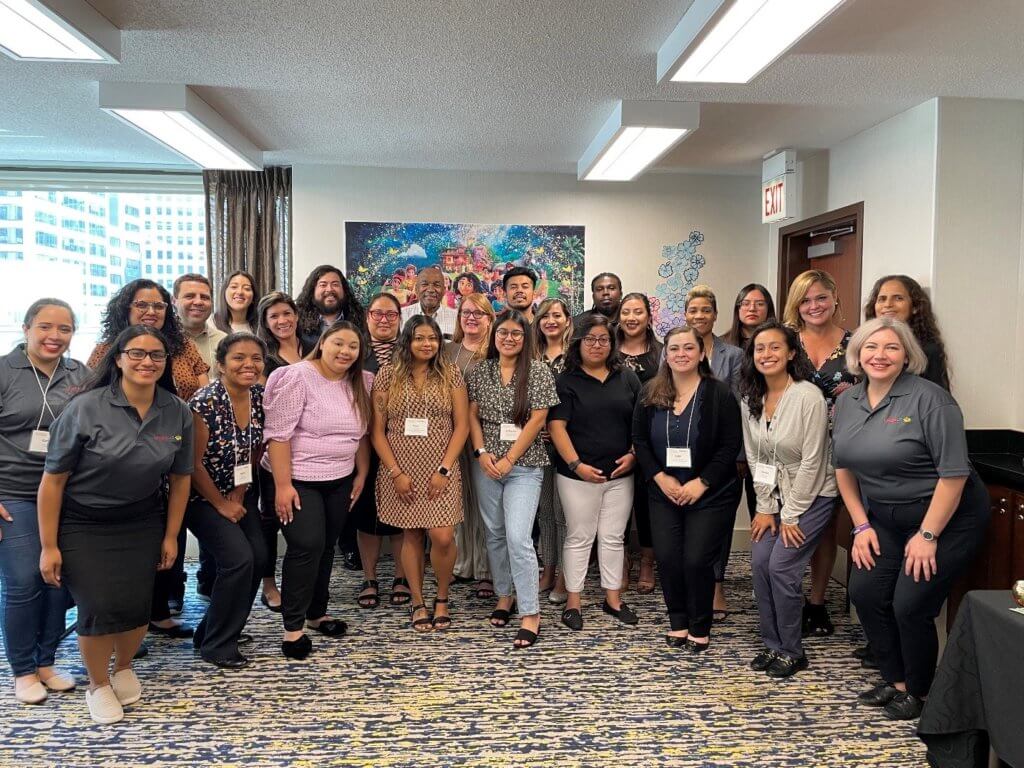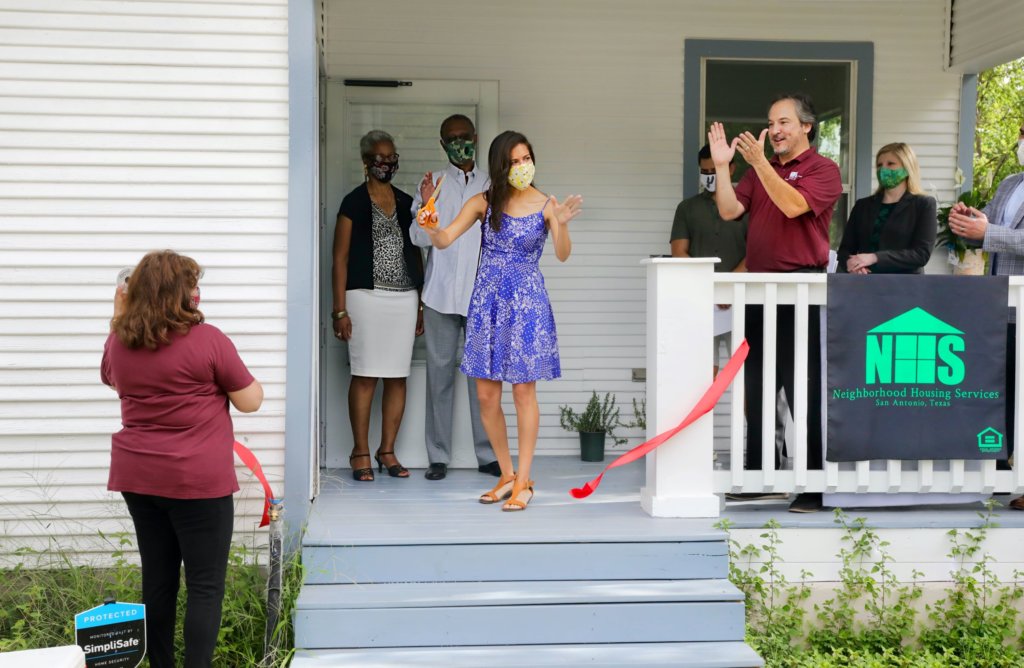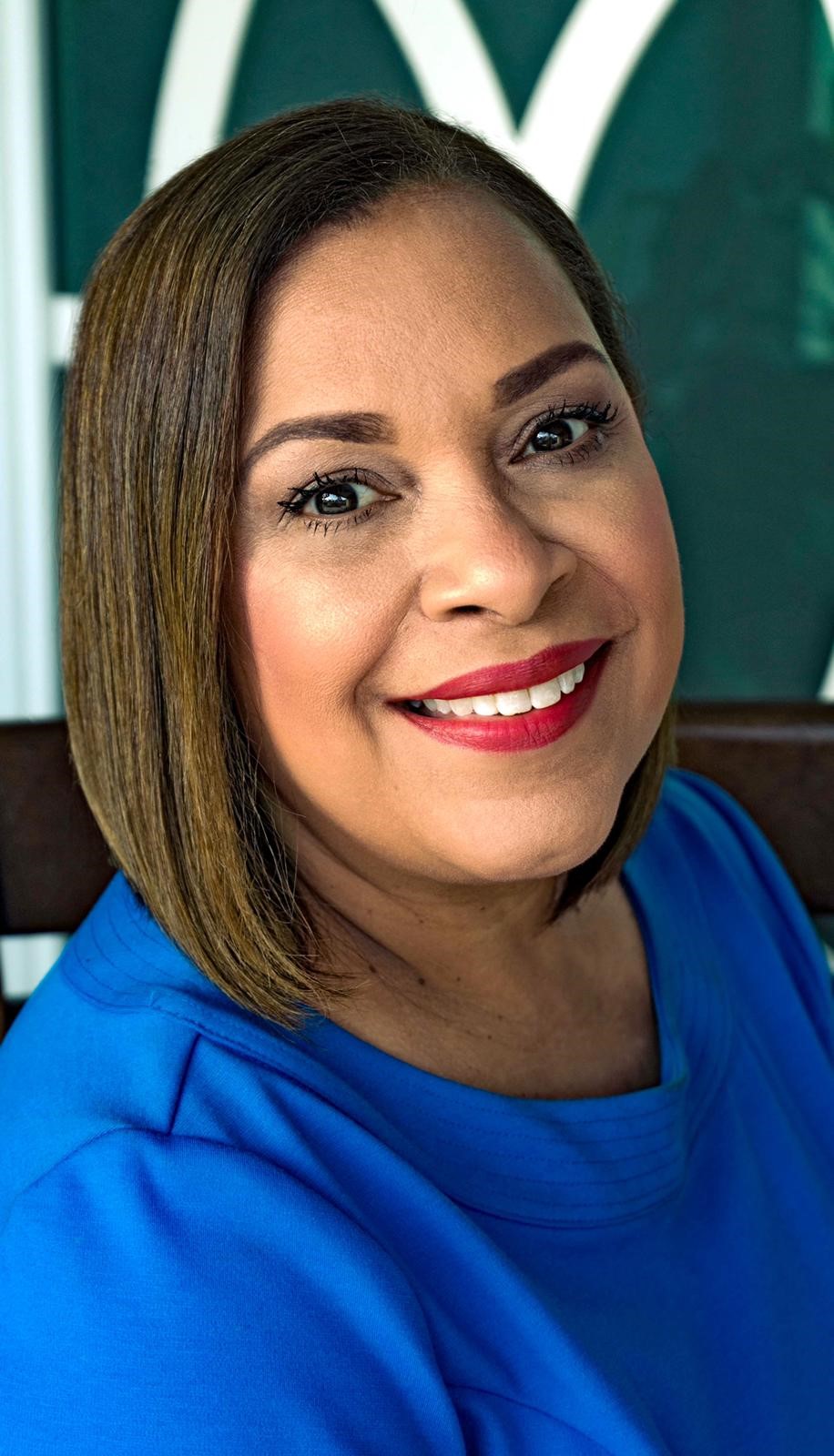How dual language and varied cultural skills are an asset in business
This post was originally published on January 24, 2019 on ProgressReport.co.
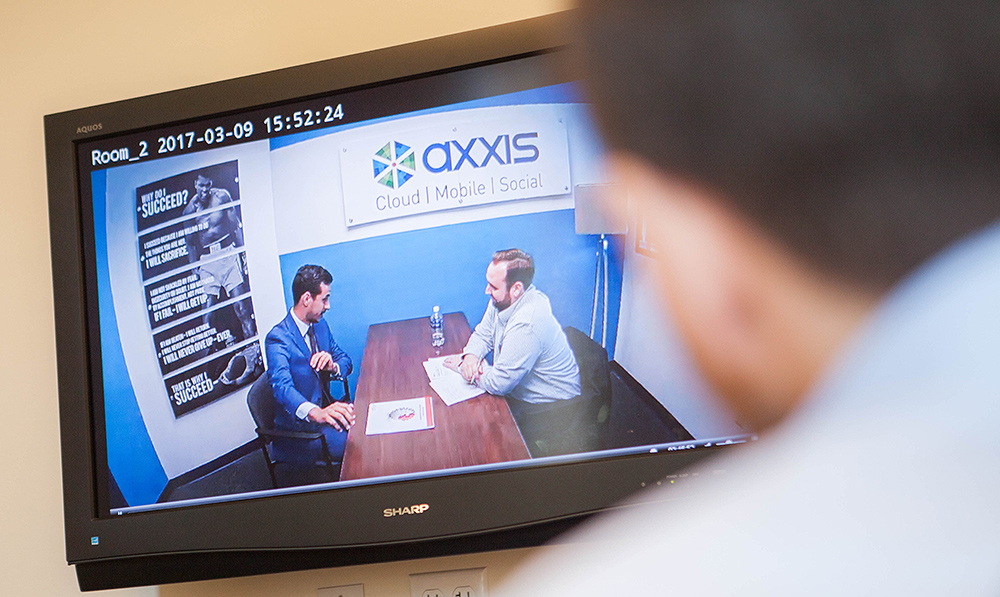
In life and in business, language skills are important, but closing the deal isn’t just about the spoken ones, so they shouldn’t be the only determining factor in college and career readiness, says Florida International University (FIU) Professor Rafael Soltero. He should know. When he moved from Puerto Rico to New York for a job as a scientist at Eastman Kodak Company in the late 1970s, he knew English on paper but struggled to speak it.
“I could write it, I could read it, but having to maintain a conversation was very hard for me,” he says. “It took me some time to go through that change of coming from one language into two languages.”
Keep up with the latest from UnidosUS
Sign up for the weekly UnidosUS Action Network newsletter delivered every Thursday.
THE CASE FOR BILINGUAL UNIVERSITY PROGRAMS
Through a lot of practice and good humor, Soltero made the transition, and a few years after that, he joined the private sector, spending several decades perfecting the art of closing sales deals. Today, he’s helping English learners (ELs) in FIU’s School of Business harness all kinds of entrepreneurial and communications skills. He does so by putting them in studios adorned with cameras, and then recording them as they role play their way through deals, judging them on their presentations, their inter-personal communications, and crunching the numbers too.
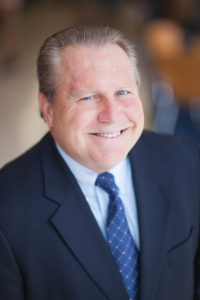
Whatever a student’s mother tongue, they all learn to “get comfortable feeling uncomfortable,” he says, but he does offer at least one of these lab courses in Spanish to level the playing field. The understanding is that becoming more confident in negotiating in one language eventually makes it easier to do so in another.
“I think students should have the opportunity to practice in English, but they should not miss a sale because they were not having the right language opportunity,” says Soltero. “Sales is about building the relationships, building trust, it’s about being able to present a solution to a problem that the customer has, and all that requires is conversation.”
He’s the only U.S. professor he knows doing this in a business school, but he believes it’s a model that could work in other universities if more bilingual professors were willing to make a case for the dual-language approach.
“I think it starts at the professor level,” he says. “I asked to test the concept of teaching in Spanish and I received a go ahead from the department, so I just did it. So far, the class full every semester and the students appreciate the opportunity to learn something without having to worry about their English language skills.”
PREPPING ELs FOR COLLEGE WHEN THE SCHOOL SYSTEM DOESN’T
In some states, English proficiency is such a marker of high school academic success that students fall behind in other courses. US Department of Education data shows that English learners graduate high school at a rate of 63%, compared to 82% of the overall graduation rate. UnidosUS’s education policy team says it’s hard to get an accurate read on the EL versus native English achievement gap because not all states measure English proficiency the same way. They do know, however, that ELs across the country struggle to keep up and stay motivated without extra support.
That support could include doing away with lengthy English emersion blocks, providing more opportunities for dual language learning, and, whenever possible, offering academic-placement tests in students’ first languages. In fact, this month UnidosUS introduced a bill to the Florida Legislature in favor of native language assessments, a practice it says will help Florida comply with the Every Student Succeeds Act, the federal law regulating K-12 education.
While policymakers debate whether and how to make these reforms, Soltero says teachers can be better classroom advocates by inspiring students to think creatively about their career paths and by introducing role models who found ways to achieve their career goals.
“Bring people from the business side into the high school to talk to the students—not standing up but actually sitting down and talking with the students at their level,” suggests Soltero, noting that this helps struggling ELs stay focused on their long-term goals and committed to the incredible effort it takes to get there—like spending extra hours trying to learn math or digital software for making presentations while still keeping up with English class.
“Anybody who’s an entrepreneur needs to understand this,” he says.
He also says teachers can inspire ELs by taking them on college field trips to see students like them succeeding on campus. In fact, he welcomes visitors to his labs.
“We have 12 rooms with a camera, and what I do is put the students in a situation where they have to essentially role play, then I videotape them,” Soltero says. After that, he asks them to evaluate themselves. “It’s the same thing that every athlete does. If you want to be good at something, you go out there and practice,” he adds.
In his class, the only ones who truly flunk are the ones who opt out of participating in the first place, he says. That’s because business is all about being bold but diplomatic, playing to your strengths, and learning to improvise when you don’t know something—including a word in another language.
Soltero isn’t denying the benefits of learning English. It is, after all the most common business language in the United States and abroad, but Spanish speakers also have a lot of options.
Data from Information Resources Inc. shows that Hispanics are not only the fastest growing segment of the US population, they’re also the biggest spenders. In 2016, their purchasing power was valued at $1.4 trillion, and they spent $94 billion in commercially packaged products. Moreover, the US engages in hundreds of billions of dollars in trade with Latin America, the Caribbean, and Spain. That’s an especially big market for Florida, which have long been considered the gateway to the Americasand a preferred foreign investment center for Spain. As a result, Spanish language skills and Ibero-American cultural knowledge is a huge asset.
But whether it’s business or a STEM degree, art, or sports, Soltero encourages schools and teachers who value civil rights to help youth think creatively and build on what they have right now.
“I spent 35 years selling and traveling the world, and I’ve learned a lot from everybody about how to be open, about how to react, and I’m trying to pass it forward now,” says Soltero.
